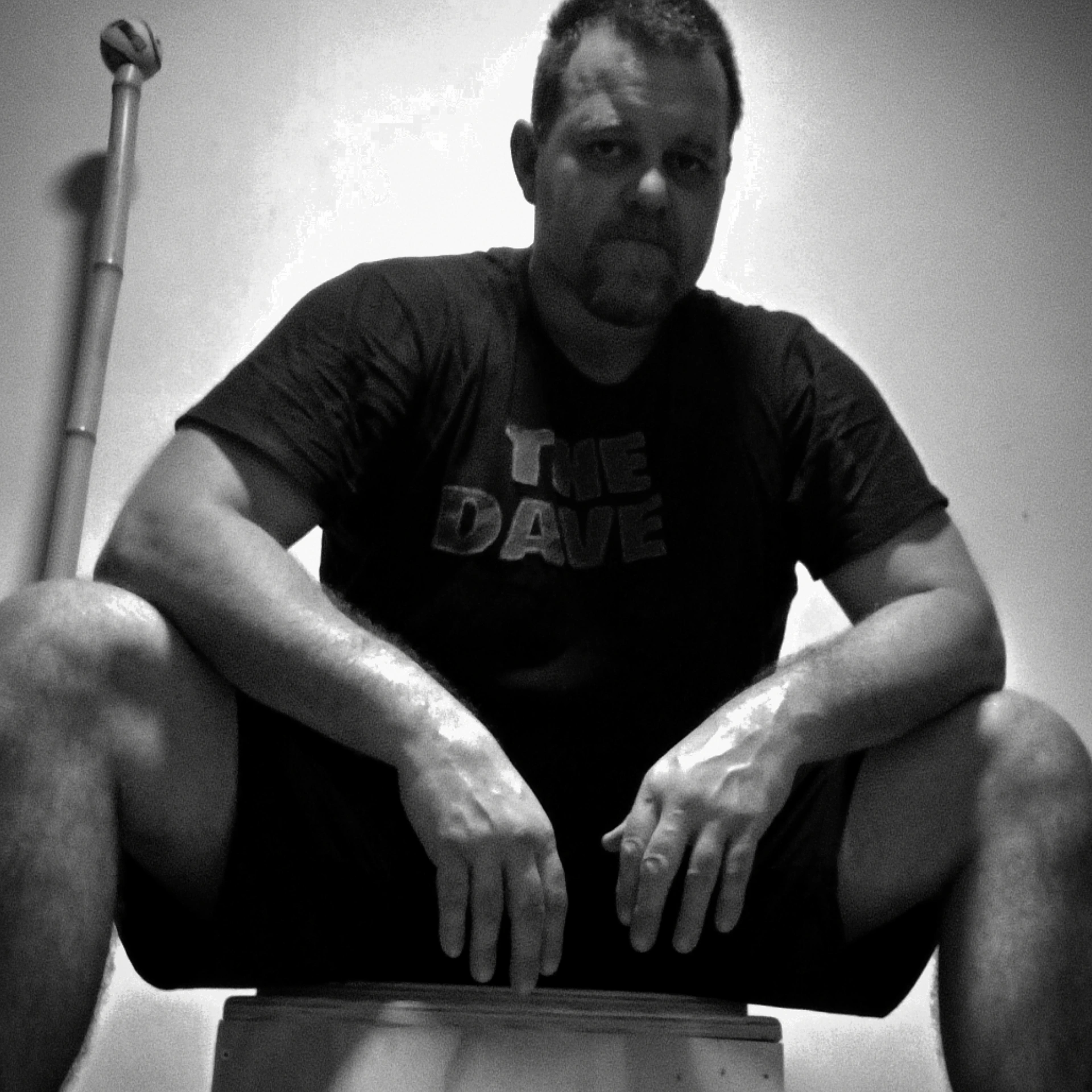Can You Make Progress With Varied Training?
- Dave Hedges

- Dec 18, 2023
- 4 min read
I sincerely hope you've been enjoying these newsletters as much as I've been enjoying answering your questions.
Please keep sending questions in, as they say the only stupid question is the one you don't ask.
This week, we're talking about progression and variety.
This isn’t in response to one question, but to a theme that's come up in conversation with several clients over the last few weeks.
Can we make progress with varied training, or must we stick with the same exercises?
It's a big question to unpack, but in short it comes down one simple thing.
What's your definition of progress?
If we're talking brute strength, then yes, you'll be best served repeating the same exercises over and over again.
But for general fitness, becoming a “Swiss army knife” or “leatherman tool” of a human animal, then variety works.
In skill training, its been shown that training several skills in a session may lead to a slower initial learning if we just look at one individual skill from the session than if we simply learn one skill in the same time period.
But over a longer timeline, we see that skill develop further when trained concurrently with others than the isolated group.
If we think of fitness as a set of skills, for example my base categories of fitness being Strength, Mobility and Endurance, but there are many more than those three, then I believe we can develop well rounded and above all, useful fitness without needing to follow a strict program.
I think I have just invented a new term, “useful fitness”
What might that mean?
It means if you play a sport, your sporting performance improves
It means if you’re a non athlete, you can do whatever activity you fancy with reasonable success.
It basically means generally capable.
The fancy Strength & Conditioning term is “GPP” or general physical preparation.
For athletes this is the foundation of fitness which then is taken and sharpened going into competition. For non athletes, this is probably all you ever need. Unless there's a specific event or goal you want to prep for.
Looking back at things like Georges Herbert's Movement Natural, many of the martial arts traditions, original crossfit and my own WG-FIT lunchtime sessions, the idea of non specific, non linear training plays out really well.
Assuming of course it's not truly random, that can be a problem.
There must be some thought put into it.
The base structure of push, pull, hinge, squat, everything else keeps you from going too far off the reservation.
Understanding intensity and rep ranges certainly helps, although we can bypass technical knowledge by either training close to failure or using RPE (rate of perceived exertion)
For example we have a squat pattern to train.
But we can break it into bilateral or unilateral. One both legs, or one leg at a time.
We can go heavy, which will lower the rep count, or just bodyweight which pushes the rep count up.
There's zero point, outside of absolute beginner/obese/injury, in doing just three reps of a bodyweight squat. Unless we're talking high intensity variations.
But three reps of a barbell front squat loaded heavy has high value.
So load/intensity dictates rep range. Or is it rep range dictates load?
Pot-aye-toe / pot-ah-toe
In theory, and this certainly what I've seen play put in the real world.
Follow the push, pull, hinge, squat, other template with a variety of movements done in a variety of rep ranges and good things happen.
Over time you develop strength with exposure to higher intensities and lower rep ranges.
Endurance with exposure to higher rep ranges and overall training frequency
And mobility due to exposure to a variety of loading patterns.
And that last section I think is a key factor.
Variety of movement patterns.
As I mentioned last week in the Simple and Sinister newsletter, people who have a large array of movement in their sport or day to day life won't need as much in the gym.
But people with limited movement exposure, as in most white collar work, could do with some variation.
The issue with varied training is it can be difficult to track.
So it's an idea to have tests or “benchmark” workouts that pop up infrequently just to check you are moving in the right direction.
A sports person would call these games or competitions.
In fitness, this concept created things like the strength sports, the krypton factor, Gladiators, Spartan Race Series and the crossfit games with it's imitators.
Now, 2 bits of news to tell you:
“Last Set Best Set” t-shirt now in the WG-FIT shop, limited time availability.
Get yours before they go away again at the end of January, have a look here: https://www.wg-fit.com/product-page/unisex-sports-jersey
Online Training clients, due to the success of the Force of Nature program which has a weekly Q&A call, I want to offer you lot something similar.
In the new year I'll be letting you know the details of this group call.
Now, hit reply and send me your questions and feedback
And please share this with anyone who might benefit
Chat soon
Dave Hedges



Comments